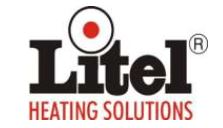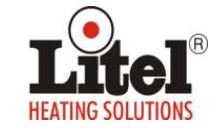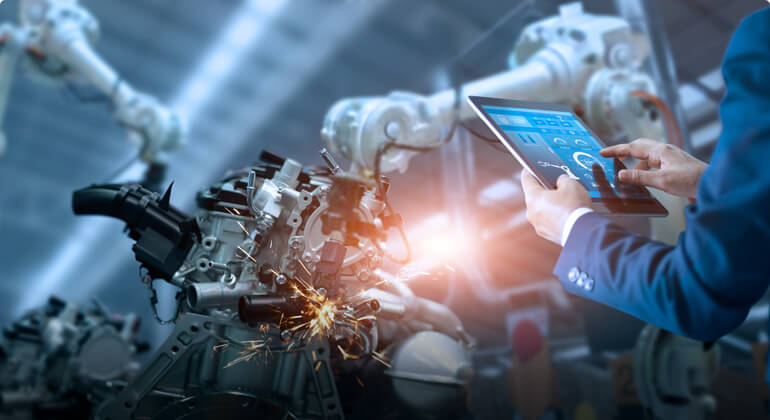Litel Solutions: Total cost of ownership
We are often asked – If electricity is costlier than diesel or gas, why use electric IR ovens?
To this, we always say – What matters is the total cost of ownership of equipment over its lifetime. Focussing on any constituent cost, such as fuel costs, perceived to be important at a given time, will not give you the full picture.
Apart from fuel cost, total cost includes important factors such as
- Capital cost or one-time purchase costs
IR ovens are modular and can be expanded according to need
- Cost of space i.e. the cost of the area occupied by the oven /dryer and its accessories
The footprint of IR ovens is only a third of that of other ovens. Hence, the cost of space is low.
- Productivity or the production in one hour/shift for a given size of equipment
IR has higher productivity for the same size of equipment. - Cost of rejection when products have unacceptable variations due to poor controls
IR controllability is unparalleled since absolute fine control is possible
- Cost of pollution control associated with fossil fuels such as diesel
IR is pollution-free - Cost, safety and maintenance related to fuel storage as in the case of diesel or gas
Both diesel and gas are associated with messy storage and safety concerns. IR being electrically operated is safe and clean. Also, storage of fossil fuel rakes up additional costs. - Maintenance cost i.e. cost required for personnel and replacement parts
Since IR has very few moving parts and no soot deposition, the only replacement is that of emitters that have a good lifespan.
RUNNING COSTS
Myth: Diesel running costs are low, and electrical IR running costs are high.
Fact:
- High Efficiency of IR. Actual energy used per piece/per kg/per meter of production is substantially lower in IR since, a) single-stage heat transfer does not involve a medium like air for heat transfer b) there is no need for heat exchangers.
Furthermore, IR has an advantage when it comes to surface coating processes as the entire mass does not have to be heated. - No loss due to exhaust. As IR does not employ air heating, in drying processes the moisture can be exhausted without any loss of efficiency.
- No cost of idle running. IR can be switched on/off instantly, making it possible to have intermittent production and short breaks. Diesel ovens need to be kept running even when there is no production thus incurring additional costs.
- No costs for cold start. The time required for IR ovens to start from cold condition is nil to a few minutes compared with 20 to 45 minutes for diesel convection ovens. Productivity is not compromised during start-up.
- No cost of downtime. The cost of production lost due to the machine not being operational is nearly zero in IR.
Above all, quality benefits:
- Superior finish. Product quality by IR is superior due to internal heating, no pollution and control accuracy. This eliminates rejection costs.
- Indispensable. There are many processes for which IR is a must i.e. localised heating, differential heating, etc.


